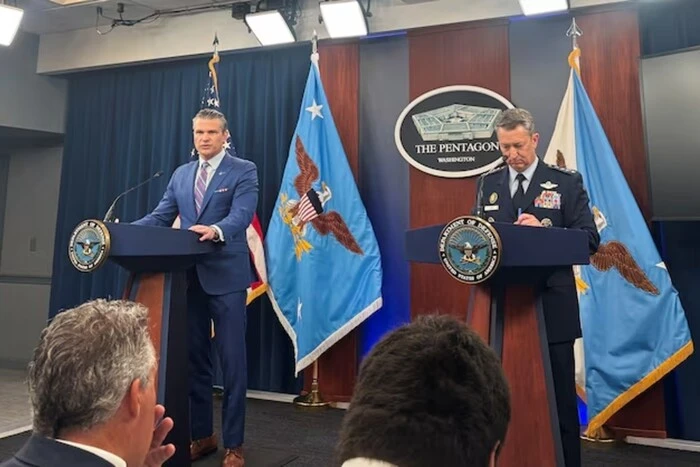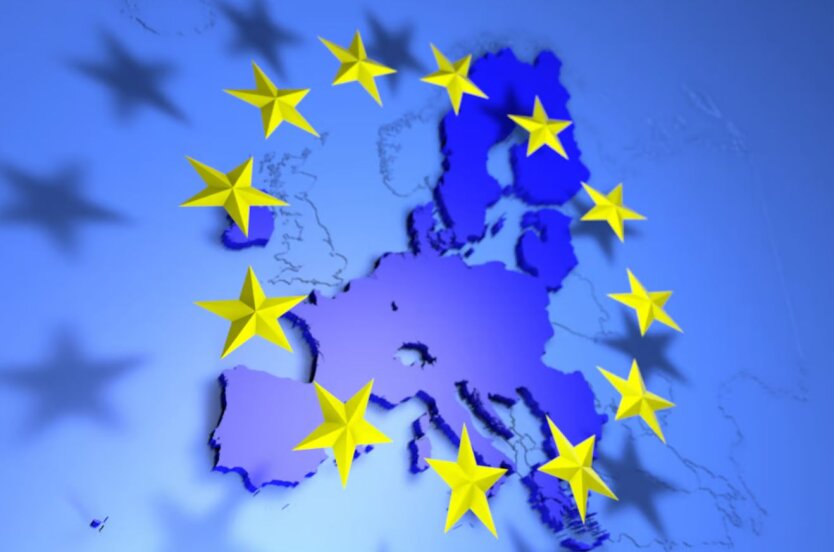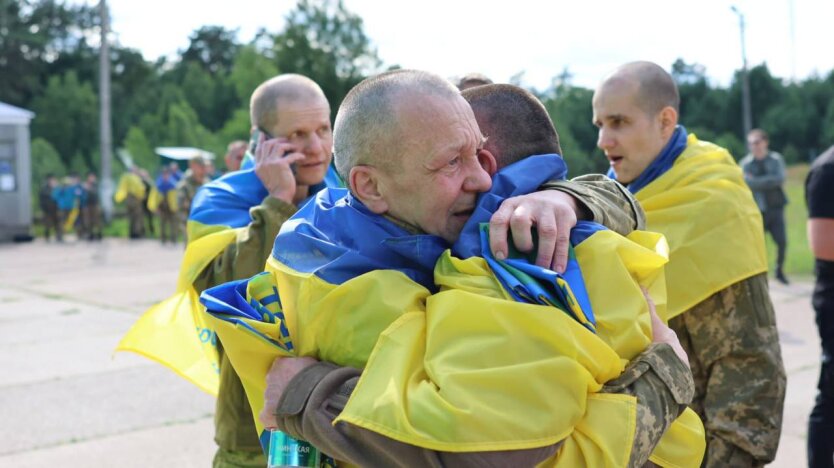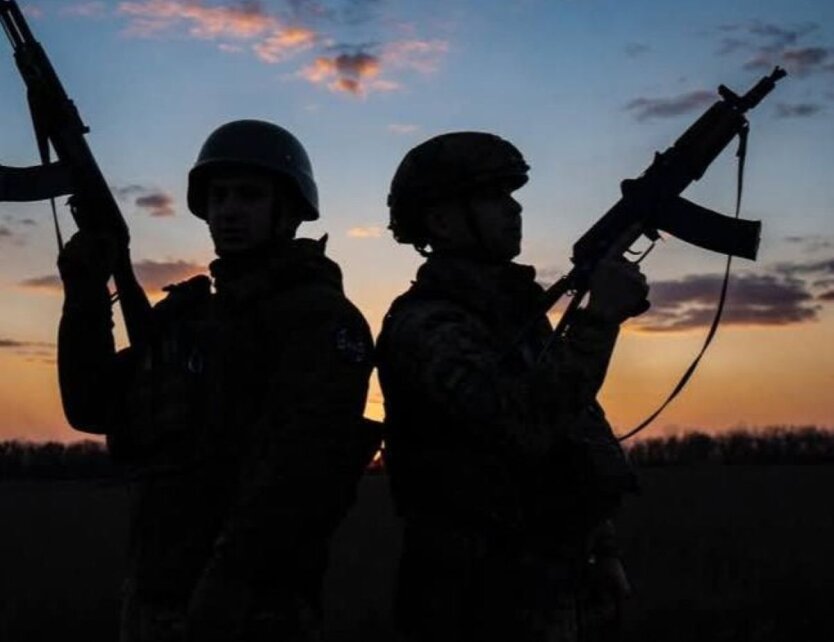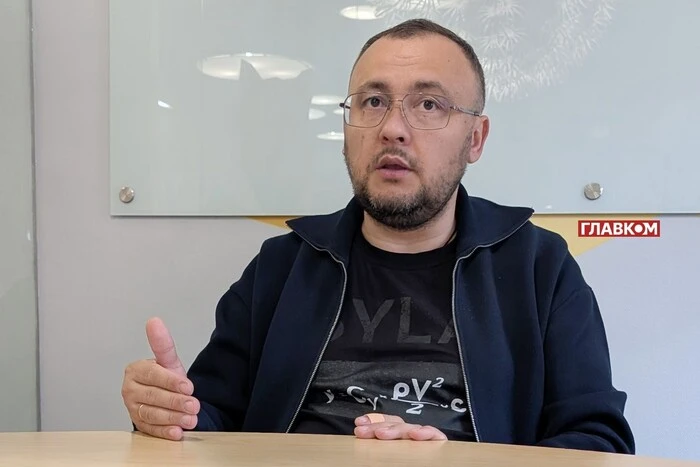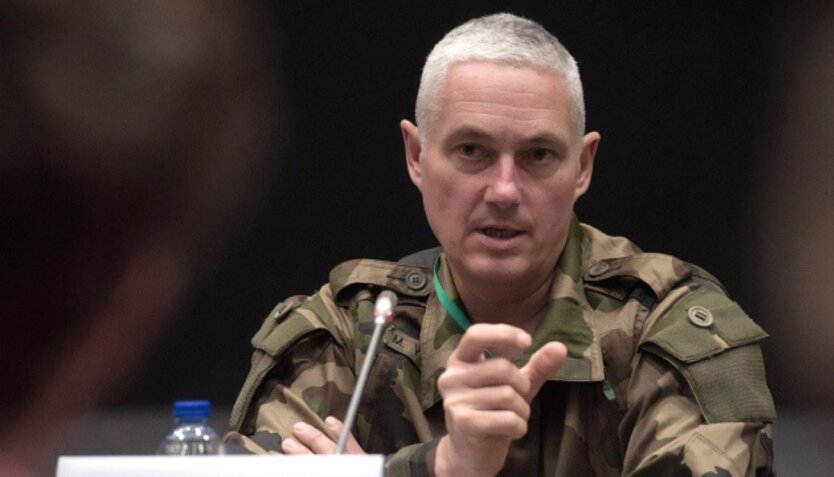Keir Starmer announced the dispatch of British peacekeepers to Ukraine, - The Times.

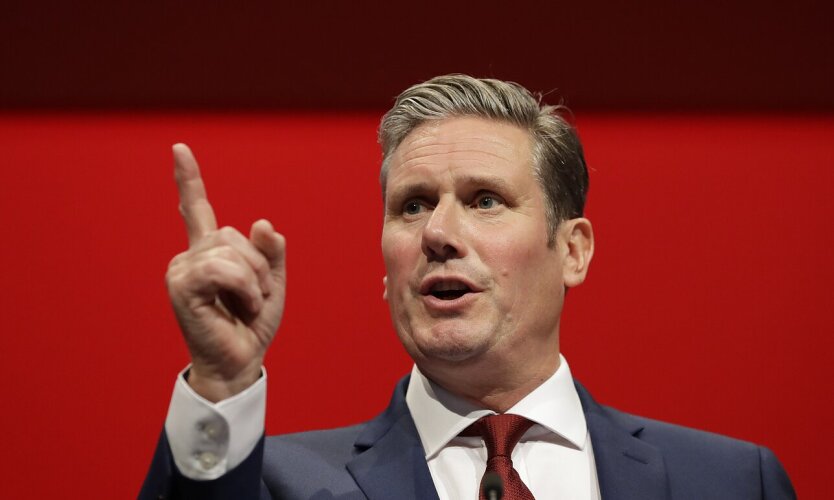
The United Kingdom may deploy thousands of peacekeepers in Ukraine
According to the British publication The Times, the United Kingdom may deploy thousands of peacekeepers in Ukraine for an indefinite period to protect the country from Russian aggression. This was stated by Prime Minister Keir Starmer.
Meeting of the defense ministers of the 'coalition of the willing'
The meeting of the defense ministers of the countries of the 'coalition of the willing' will take place on March 20 in London. The meeting will discuss the potential deployment of peacekeeping forces in Ukraine in the event of an agreement on a ceasefire with Russia.
Following the online summit of the 'coalition of the willing' in London, about a dozen and a half countries, including the United Kingdom, France, Turkey, Canada, and Australia, are negotiating the deployment of troops in Ukraine.
It is planned to send up to 30,000 military personnel to Ukraine, while other countries will provide assistance with weapons and logistics.
Regarding the peacekeepers' authority to open fire in the event of a ceasefire violation by the Russian Federation, Prime Minister Keir Starmer declined to comment. The topic of 'rules of engagement' will be discussed within the coalition, the British newspaper reports.
It is also important to note that one of the European countries has refused to support Ukraine.
Read also
- The Pentagon responded to whether the States have information about Iran's hidden uranium stockpile
- EU Summit: What was decided regarding sanctions against the Russian Federation, negotiations with Ukraine on accession, and financial support
- Another stage of prisoner exchange: Ukrainians who had been in Russia for over three years have returned home
- Rear regions created a strategic reserve for the groupings 'Khortytsia' and 'Tavriya' - OP
- Who stopped the exhumation? Ambassador reported the details of the information diversion arranged by Russians in Poland
- NATO General Explains How the 'Korean Model' Could Work in Ukraine

